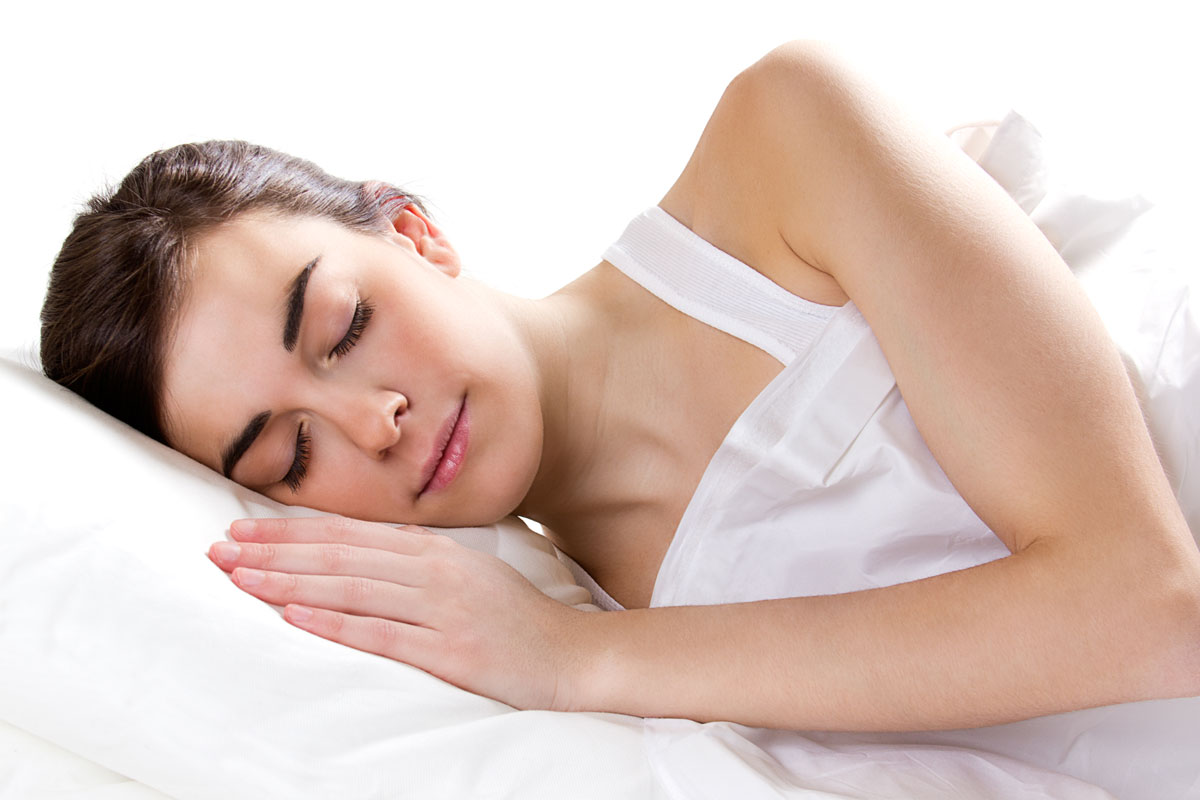“And then we start acting stupid,” says Chris McDonald, who in sharp tones addresses one of the most fundamental aspects of teenage development: sleep. Teenagers need 9-10 hours of sleep every night, and it is rare for teenagers to get the full rest needed for the brain to develop and for the body to grow. The body is not fully grown until we are in our mid – twenties. It does not work! Most young people need two to three hours or more each night than they get. They do not have time to sleep.
American sleep scientist Robert Stickgold compares a man who saves time by not sleeping, with a man who runs around with his bike because he is too busy to sit on the bike. It is important that young people understand that the time they get by sleeping less at night backfires by them being ineffective and having difficulties making decisions during the day. With four to six hours of sleep it is easy to see why they fall asleep at school and crave coffee and energy drinks full of sugar and caffeine. Red Bull, for example, gives short-term wings but is a ticking bomb merely treating symptoms. “Many young people wear their pants down to their knees, perhaps it is a symptom of lack of sleep; they were putting on the pants and then fell asleep! “says Chris.
Research shows that lack of just one hours sleep for four consecutive days will push the youngsters back by two grade levels. They are simply left behind.
Chris strikes the table saying that if you do not have time for the necessary sleep – you should rather find the time for the consequences. This applies not only to teenagers, it applies to all of us.
Healthy sleep
We sleep for about one third of our lives. Sleep is as important as getting food.
Small children sleep 70 percent of the time while they are growing and their brain develops.
While we are growing up we need less sleep, however, not in the teenage years when the head and body work at high rates.

Normal healthy sleep contains different stages and phases. First, there is the slumber phase where we gradually relax more. Then we pass into the deep regenerative sleep where the brain waves swing more slowly, body temperature, pulse, and metabolism lowers and the muscles relax. We are in the deep sleep for about one and a half to two hours after we have fallen asleep. Then we return to the surface again in the REM (Rapid Eye Movement) sleep, where the brain waves are almost like when we are awake, but the body is relaxed. This is where we dream and the brain makes new and extra connections. REM sleep is vital to our imagination, social learning and creativity. There are four to five REM periods during the night. When we sleep, all consciousness and senses, except hearing, are turned off. When we dream, all the information of the day is taken care of and stored. If we do not get sleep, we cannot learn new stuff.
During sleep, the brain fluid cleanses the brain. If we do not sleep, the waste will accumulate in the brain, thus increasing the risk of Alzheimer’s stroke and dementia.
It is essential to give the body and brain time to rebuild and rebuild itself. This is a prerequisite for a well-functioning immune system.

Blue light on the phone, TV, computer, and tablet screen will slow down the body’s natural rhythm and make it harder to fall asleep. Many fall asleep with the TV switched on or with the mobile phone in their hand, hence they are tired and exhausted the next day.
The term “sleeping on it” is a definite truth. Many people know the feeling of waking up with the solution to a problem or new ideas in the morning after the brain has stored and arranged all the impressions, and we can see things with fresh eyes.
The myth of “that we can sleep when we get old” does not work. We all need sleep, regardless of age, not just for beauty, but especially for our intelligence and creativity.
Preparing for a good nights sleep
- Be sure to move and exercise – so you feel a natural fatigue.
- Take a warm bath before going to bed or wear socks at night.
- Do not go to sleep hungry, give your stomach something to work with – a small piece of salmon or cheese – nothing sweet.
- No coffee or stimulants after 4 pm.
- Keep the bedroom for sleeping – no TV, computers or work – to avoid WIFI, you can put your phone in flight mode.
- Get fresh air in your lungs. Ventilate the bedroom or sleep with an open window.
- Avoid watching horror movies, reading crime novels or having agonizing discussions.
- Breathe deeply, drink relaxing teas, listen to relaxing music.
- Fixed bedtimes and sleep rhythms help the production of the sleep hormone that regulates our sleep and sleep rhythms.
- The best and deepest sleep is between 10 pm to 2 am – so get more out of your sleep by going to bed early and getting up early.
- Use Silent Night “acupuncture without needles” – patches to stimulate the sleeping hormone, to sleep longer and deeper.

